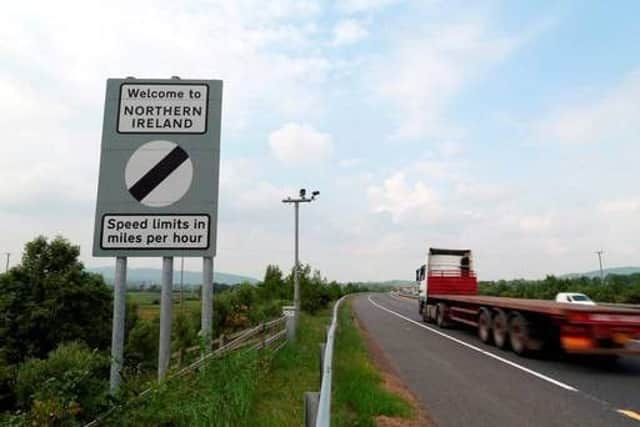Cross-border body could help tackle tax evasion - Treasury


Without the European institutions, the Organisation for Economic Co-operation and Development (OECD) could help facilitate dialogue with the Republic of Ireland.
Ex-IRA gangs and border criminals have profited from fuel and tobacco smuggling for decades and the DUP claims international criminal gangs could take advantage of Brexit.
Advertisement
Hide AdAdvertisement
Hide AdEast Londonderry MP Gregory Campbell added: “My concern is that when we get to the point in two or two-and-a-half years’ time when one state, Northern Ireland, is outside and the Republic of Ireland will still be in it, will there be other further or greater scope for tax evasion?
“Will a multi-million pound industry which has grown up through the Troubles be exacerbated by international criminal gangs using the border?
“HMRC (HM Revenue & Customs) needs to be aware of the real possibility that that could happen and outline what their steps are that they intend to take to be ready for it if it does happen.”
A Treasury official told the Northern Ireland Affairs Committee of MPs that within the EU there were some very different practices for exchange of information.
Advertisement
Hide AdAdvertisement
Hide AdHe said both the UK and Ireland would be concerned to prevent tax avoidance and that dialogue between the countries would continue.
“We also have conversations with other countries through the OECD, all of those things will continue,” he added.
The exact costs associated with border criminality were difficult to estimate.
But the Irish taxman has claimed fuel laundering and smuggling by ex-IRA gangs and border criminals in Ireland had been virtually wiped out.
Advertisement
Hide AdAdvertisement
Hide AdA watchdog pointed to the success of a joint exercise by the Irish revenue commissioners and the UK’s Revenue and Customs service to introduce a new fuel marker on both sides of the border in April last year to make it harder to launder diesel.